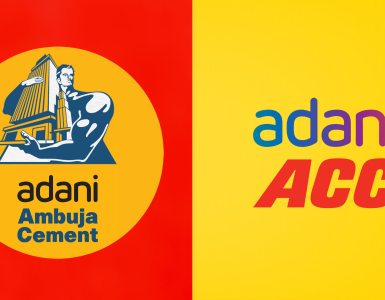Jehangir Ratanji Dadabhoy Tata (JRD) (29 July 1904-29 November 1993) was an avid aviator and business tycoon. He was the Chairmen of Tata and Sons. Under his chairmanship, the assets of the Tata Group grew from US$100 million to over US$ 5 billion. He started with 14 enterprises under his leadership and half a century later on 26 July 1988, when he stepped down, Tata and Sons was a conglomerate of 95 enterprises which they either started themselves or in which they had a controlling interest.
He was famous for succeeding in business while maintaining high ethical standards- refusing to appease politicians or use the black market route. JRD never entered into a debate between ‘tax avoidance’ which was permissible, and ‘tax evasion’ which was illegal; his sole motto was one of ‘tax compliance’ with grace.
On one occasion a senior executive of a Tata company tried to save on Taxes. Before Putting up the case, the executive explained his idea to JRD starting “But sir, it is not illegal”.
Softly, JRD replied: “Not illegal, yes. But is it right?”JRD was of the view that “the avoidance of tax may be lawful, but it is not yet a virtue.” There is a perennial debate of ‘doing things right’ v/s ‘doing the right thing’. In JRD’s case, it was ‘doing the right thing the right way’ one of righteousness and compliance in co-relation.JRD’s strong point was his interest in people and his desire to make them happy. Even in the work culture, unlike many modern thinkers, he was far more people-oriented than task oriented. He sought to achieve the tasks through and by people, carrying them along, in the process enhancing their commitment and sense of belonging to the organization. During his time even some of the advertisements were so tacitly worded as if almost projecting everything else but the business they were into. The classic ad ‘we also make steel’ in the case of TISCO is an outstanding example of the humility his group stood by.
Towards the end of his life, he often said, “We don’t smile enough.” Once he added: “When people recognise me from a passing car, I smile at them. It cost me nothing if it makes them happy.”
In 1992 India’s highest civilian award. The Bharat Ratna was conferred on him.
I do not want India to be an economic superpower. I want India to be a happy country. No institute of science and technology can guarantee to discover or inventions and we cannot plan or command a work of genius at will. But do we give sufficient thought to the nurture of the young investigator, to providing the right atmosphere and conditions of work and full opportunity for development? It is these things that foster invention and discovery.
Growing organizations in any field must constantly evolve, accept or even seek new ideas, new visions, and new enthusiasms.
(The) Future belongs to the young. We must not only trust them with responsibility but must thrust in upon them whilst they are still young and full of energy, zest, hope and even illusions. However heartbreaking it may be to ourselves, we must make way for the new generations even when we feel we are still in our prime.
If I were to attribute any single reason to such success as I have achieved, I would say that success would not have been possible without a sustained belief that what I did or attempted to do would serve the needs and interests of our country and our people and that I was a trustee of such interests.
We have to find the intermediate ways and means of restoring a degree of stability to our politics and more than a degree of safety to our citizens.
If you want excellence, you must aim at perfection. It has its drawbacks but being finicky is essential.
To lead men, you have to lead them with affection.
Aim for perfection, you will attain excellence. If you aim for excellence, you will go lower.
The effect of a plan is what counts and not mere planning on paper; it is not what we put on our plate or even what we eat that provides nourishment and growth, but what we digest.
With honest and straightforward business principle, close and careful attention to details and ability to take advantage of favorable opportunities and circumstances, there is a scope for success.
The most significant contribution organised industry can make is by identifying itself with the life and problems of the people of the community.
Nothing worthwhile is ever achieved without deep thought and hard work.
One must forever strive for excellence or even perfection, in any task, however, small, and never be satisfied with second best.
No success or achievement in material terms is worthwhile unless it serves the needs or interests of the country and its people and is achieved by fair and honest means.
Good human relations not only bring great personal rewards but are essential to the success of any enterprise.
One must think for oneself and never accept at their face value slogans and catch phrases to which, unfortunately, our people are easily susceptible.
Money is like manure. It stinks when you pile it; it grows when you spread it. Live life a little dangerously.




